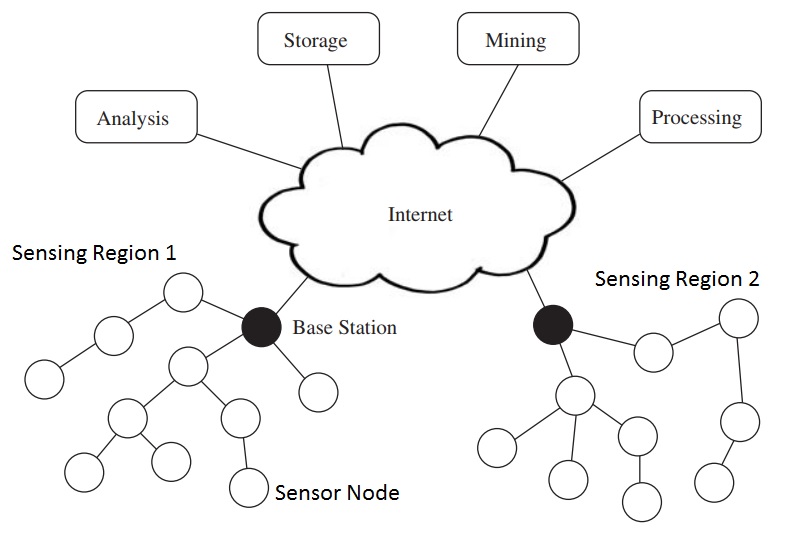In today’s digital age, cyber threats are a constant reality for businesses of all sizes. A single data breach can cost a company millions of dollars in lost revenue, damaged reputation, and legal fees. That’s why cyber intelligence is critical for any business that wants to survive and thrive in the digital world.
Cyber intelligence is the collection, analysis, and dissemination of information about cyber threats. This information can include data on specific threats, such as malware or phishing campaigns, as well as trends in cybercrime. By understanding the threats that your business faces, you can take steps to mitigate them and protect your data.
Here are five reasons why cyber intelligence is critical for your business’s survival:
- Reduces risk. Cyber intelligence can help you identify and assess the risks that your business faces. This information can help you make informed decisions about security investments and prioritize your efforts. For example, if you know that your business is particularly vulnerable to ransomware attacks, you can invest in security solutions that can help you prevent or recover from these attacks.
- Prevents data breaches. Cyber intelligence can help you identify and prevent data breaches. By understanding the tactics that attackers use, you can put in place measures to protect your data. For example, if you know that attackers often use phishing emails to steal passwords, you can train your employees to spot and avoid these emails.
- Minimizes downtime. When a data breach does occur, cyber intelligence can help you minimize the downtime that your business experiences. By quickly identifying the source of the breach and taking steps to contain it, you can get your business back up and running as quickly as possible.
- Protects your reputation. A data breach can damage your business’s reputation. By being proactive about cyber security and taking steps to prevent breaches, you can protect your reputation and avoid the negative consequences that can come from a data breach.
- Meets compliance requirements. Many industries, such as healthcare and financial services, are subject to strict compliance requirements. Cyber intelligence can help you meet these requirements by providing you with the information you need to assess your risks and implement appropriate security measures.
AI Enhances Capabilities in Cyber Intelligence
AI enhances cyber intelligence by analyzing vast data sets to detect threats and predict potential attacks. It also streamlines incident response and strengthens overall security strategies. The article “Why AI Must Increasingly Power Cybersecurity in Healthcare” from Health Data Management discusses the critical role of artificial intelligence (AI) and machine learning (ML) in enhancing cybersecurity within the healthcare sector. It highlights that AI and ML are essential for detecting, analyzing, and responding to sophisticated cyber threats in real time. By analyzing vast datasets, these technologies can identify patterns and vulnerabilities, monitor behavior, establish baselines, and flag unusual activities to prevent unauthorized access. Additionally, AI can prioritize risks and detect malware or intrusions early, thereby strengthening the security posture of healthcare organizations. The author, Bhavini Kaneria, a senior analytics manager specializing in informatics, ML, and AI, emphasizes that during the COVID-19 pandemic, these technologies were instrumental in managing disease spread, reducing mortality, and minimizing economic and health impacts. She advocates for continued investment in these areas to strengthen the healthcare industry’s capacity to handle future global health crises. In summary, the article underscores the importance of integrating AI and ML into healthcare systems to improve data management, predictive analytics, and decision-making processes, thereby enhancing preparedness for future pandemics.
Cyber intelligence is a valuable tool that can help you protect your business from cyber threats. By understanding the threats that your business faces, you can take steps to mitigate them and protect your data. This can help you reduce risk, prevent data breaches, minimize downtime, protect your reputation, and meet compliance requirements.
In addition to the five reasons listed above, cyber intelligence can also help you:
- Identify and prioritize security investments
- Develop and implement security policies and procedures
- Train employees on security best practices
- Respond to security incidents
- Conduct risk assessments
- Stay up-to-date on the latest cyber threats
If you’re not already using cyber intelligence, now is the time to start. The benefits of cyber intelligence are clear, and the cost of not using it could be devastating.








